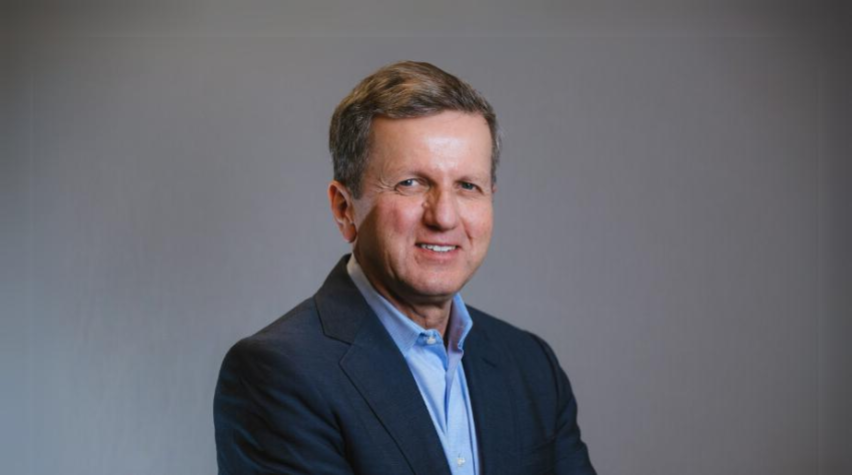
Disclosure: This post is sponsored by AcuTech Consulting Group and reflects their views, opinions, and insights.
The 2023 CCPS Global Summit on Process Safety, co-hosted by the Japan Society for Safety Engineering, was held November 27–29, 2023 in Himeji, Japan. Its aim was to provide a platform for sharing innovation and best practices in process safety, and to exchange leadership ideas.
David Moore, President & CEO of AcuTech Consulting Group, discusses some of his key takeaways from the conference.
With presentations on operational discipline and black swan events, what do you hope the attendees took away?
These are both practices that make the difference between a good and a great control of a facility’s process safety risks.
As organizations develop their process safety management systems, they need to challenge their traditional assumptions on risk and process safety and prepare for black swan events – high consequence events with a very low probability of occurring. A diverse team should analyze their facility, determine what processes could be impacted by an external event, and look beyond typical industry practice to identify the risks and safeguard against them.
In addition to this, companies who want significant breakthroughs in process safety implementation and realize that leadership skills and efforts are required will formalize Conduct of Operations and Operational Discipline. The clear direction and disciplined execution that comes out of this formalization leads to improved communications, process safety culture, and more collaborative execution of key process safety activities.
AcuTech partnered with Teijin Aramid to introduce CCPS Risk-based Process Safety concepts, currently in use at Teijin’s Dutch plants, to Japanese facilities. Can you tell us about this learning experience?
Prior to the introduction of RBPS concepts at Teijin facilities in the Netherlands, the facilities process safety management framework was under EU directives. Following implementation of the CCPS Risk-based Process Safety model, the performance greatly improved. Since the parent facilities were managed under a more traditional Japanese approach, and with the success of the RBPS implementation at the Dutch plants, Teijin was interested in having that same framework benefit the facilities in Japan.
We all gained extensive experience in the differences between the US, European, and Japanese approaches to process safety management, management concerns, as well as how to manage the technical aspects of the implementation and the differences in understanding and accepting the concepts. Mutual learning from all parties was integral, with Dutch sites gain knowledge from the Japanese company’s operational discipline and day-to-day safety activities while the Japanese sites learn from Dutch hazard and risk identification methods.
AcuTech Consulting Group
At AcuTech, we believe that solving complex problems takes experience and knowledge of process operations coupled with process safety risk and security guidance and standards. With deep expertise in both the management and technical aspects of risk management, AcuTech is uniquely positioned to support clients ranging from the world’s largest companies to specialized private companies to trade organizations and government agencies in improving safety, security, environmental, and operational performance. With experience running projects in 150+ countries and consultants located around the world, AcuTech can offer global support and consistency in delivery across client sites.
Disclosure: This post is sponsored by AcuTech Consulting Group and reflects their views, opinions, and insights.

